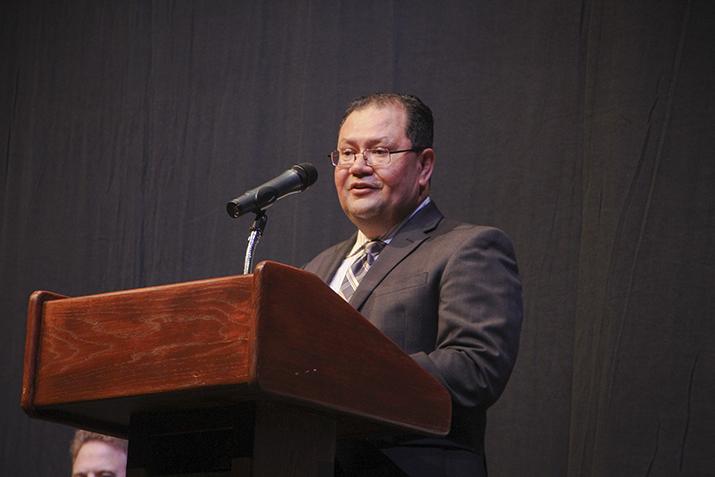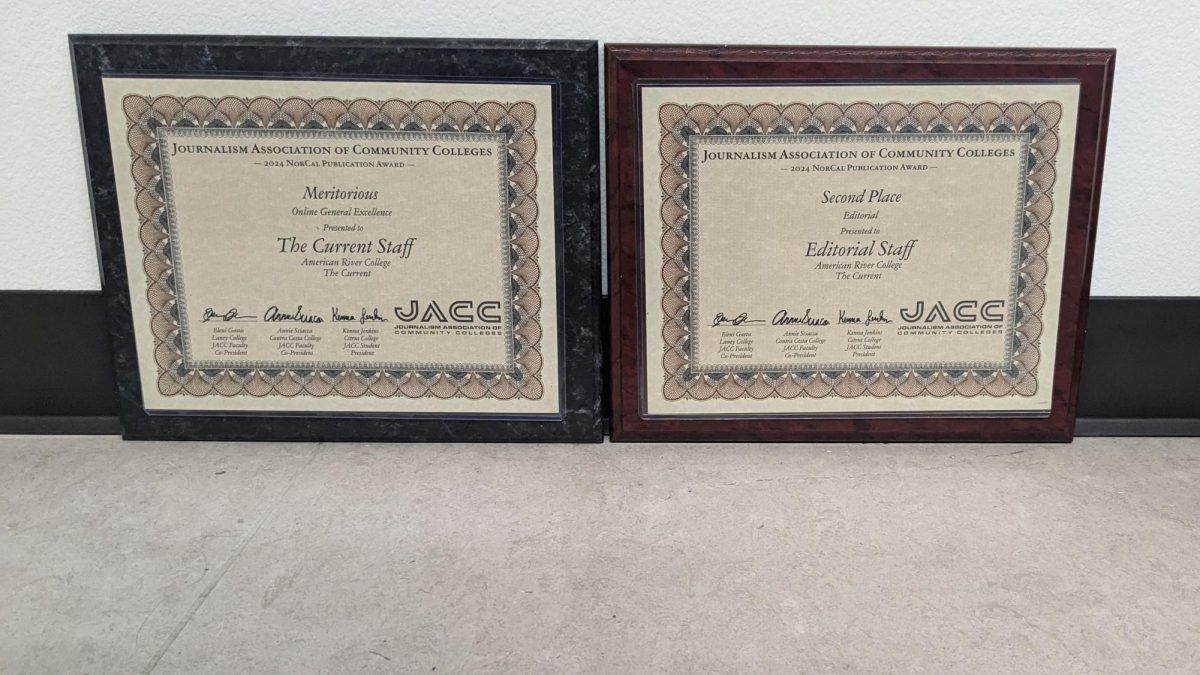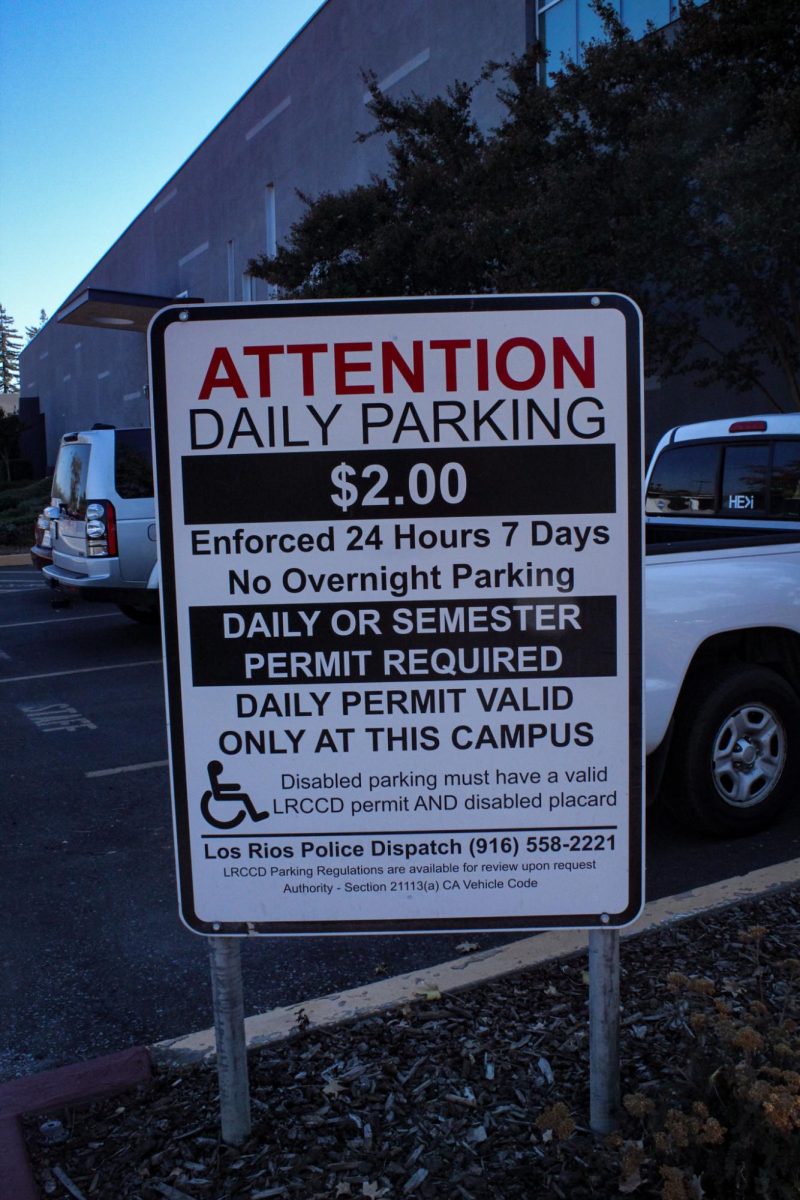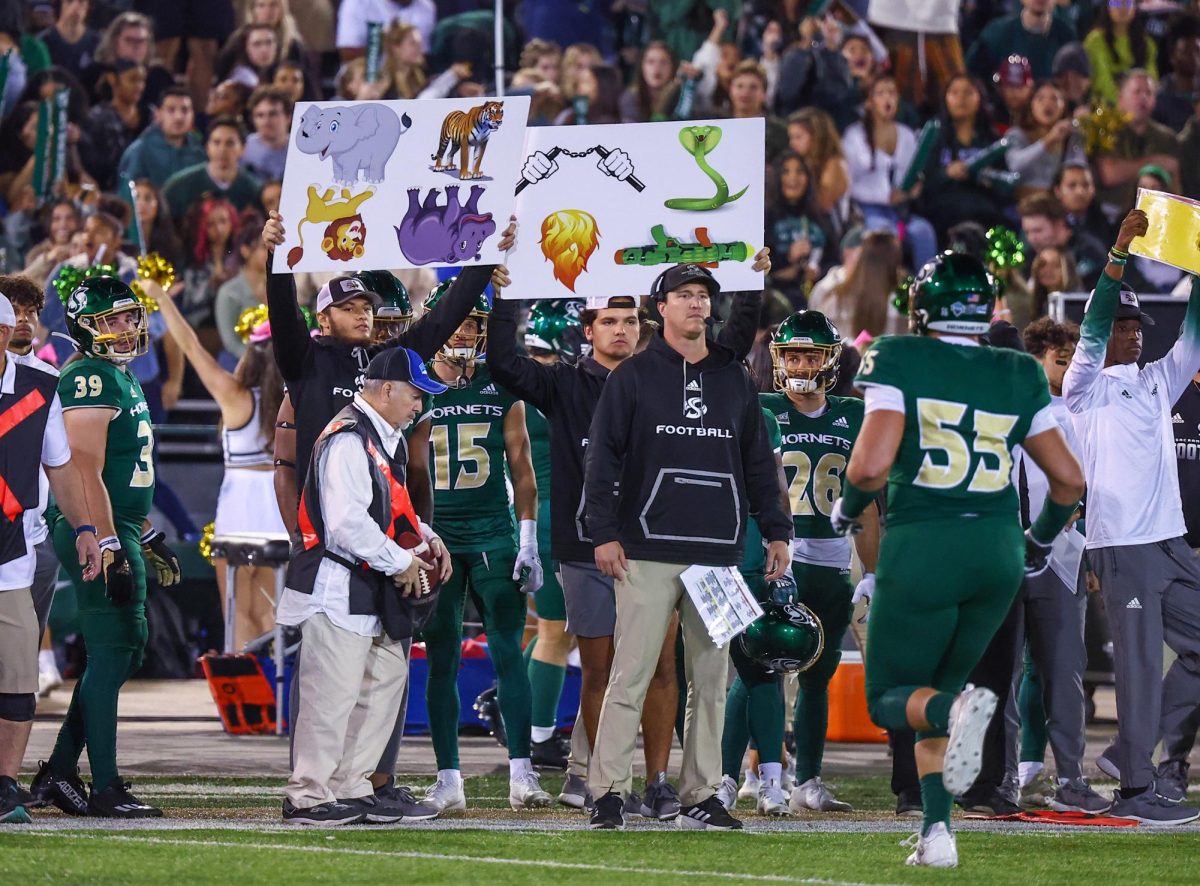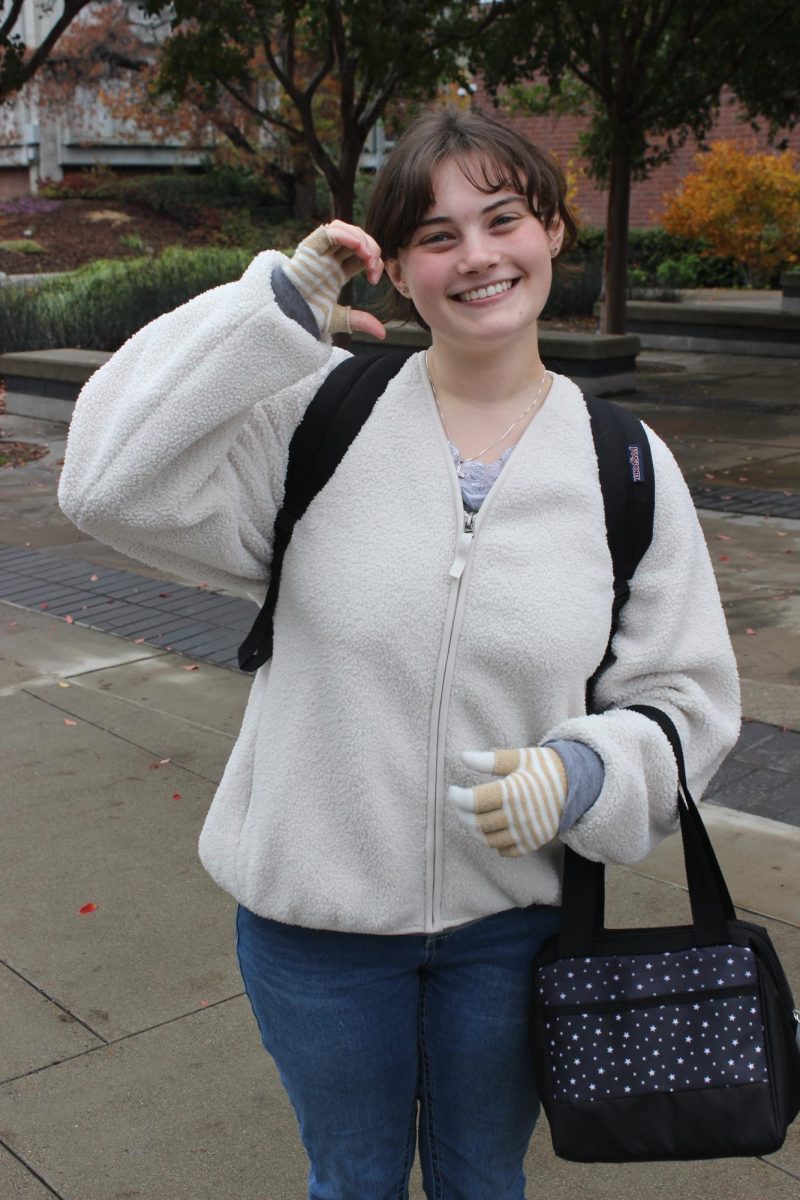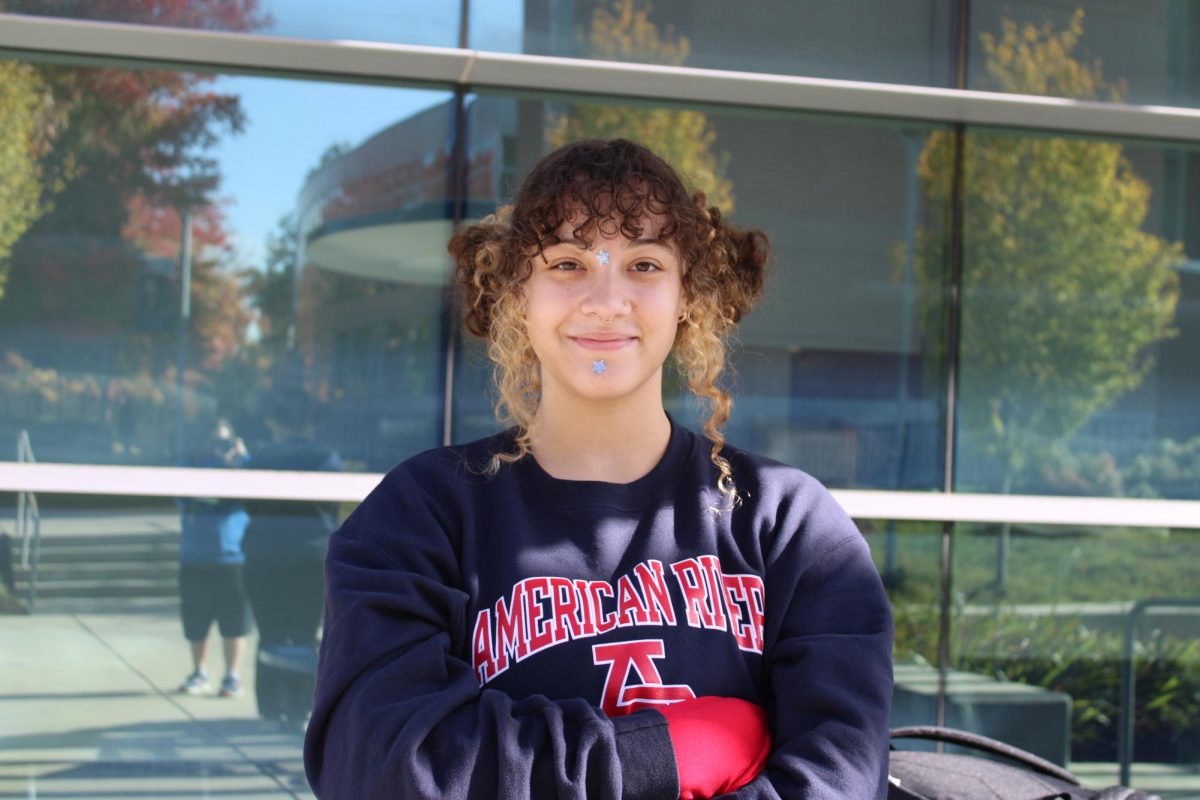It is expected that American River College will remain an accredited institution, according to accreditation liaison Adam Karp after Thursday’s presentation by the 12-member team responsible for an external report on the college.
Accreditation determines whether units students earn at the school can be transferred to other colleges and whether students can continue to receive federal financial aid. The six-year process culminates in a self-evaluation report by the college followed by a visit from representatives of the Western Association of Schools and Colleges (WASC).
The final decision will be made by WASC’s Accrediting Commission for Community and Junior Colleges (ACCJC) in January 2016, based on the external report compiled by the visitors.
The 12-member team, made of faculty, staff and administration from other California colleges, gave a brief presentation in the large theater Thursday afternoon in which they identified what the school is doing well and what needs improvement.
Speaking for the group, Marvin Martinez, the president of East Los Angeles College, listed areas where the college needs to show improvement, including building a “culture of evidence.”
“Institutional standards need to be integrated into the college’s ongoing cycle of life,” said Martinez.
Martinez also said that the college needs to do more to help students substitute for classes which are no longer available but are required for degrees and certificates.
Martinez also gave seven commendations to the school.
The first two of these touched on the relationships ARC has with neighboring institutions, such as the Sacramento Municipal Utility District (SMUD) and businesses.
“Faculty and staff have established longstanding relationships with businesses to receive things necessary for student success,” said Martinez, who also said that ARC is good at “leveraging resources to enhance student success.”
Martinez said the team found that the administration, faculty and staff had good opportunities for professional development and conflict resolution.
“The college itself is responsible for most of the opportunities for professional development,” said Martinez.
Martinez once again praised the district’s interest-based approach of conflict resolution.
“Mediators are trained to be available district wide to help with conflicts,” said Martinez, who called the interest-based approach “an immeasurable value to the college and to the (Los Rios) district as a whole.”
Finally, Martinez praised the relationship between student learning outcomes and student success, online classes and the center for leadership and development.
He said that the center for leadership and development helped the school to provide “an inclusive environment for diversity.”
Martinez also praised the student sages who guided the team around the campus and the students in the culinary department who provided food.
“I gained 10 pounds this week,” Martinez joked. “(It was) not a bad 10 pounds to gain.”
It was not allowed of attendees to ask questions of the team before they exited the theater.
ARC President Thomas Greene thanked the team for their work.
“To come here and to invest the time and energy they have in support of us and our improvement – that’s not to be taken lightly,” said Greene.
For Amanda Corcoran, the accreditation faculty chair, Thursday’s presentation came at the end of a laborious process.
“It reflects the hard work the entire college has put toward the process,” said Corcoran.
Adam Karp, the accreditation liaison and dean of planning, research and technology, said that the visit was a success.
“I think the college did an outstanding job working together. There was a lot of hard collaboration, hard work and responsiveness,” said Karp.
The ACCJC has been mired in controversy since a judge ruled that the organization broke laws in its effort to remove the accreditation of the City College of San Francisco in 2012.
After being ordered to re-examine the removal, the ACCJC once again decided not to renew the accreditation of CCSF in August.
Assembly member Phil Ting, D-San Francisco, introduced Assembly Bill 1397 this session. AB 1397 would make the ACCJC publish their meeting agendas online one month in advance.


